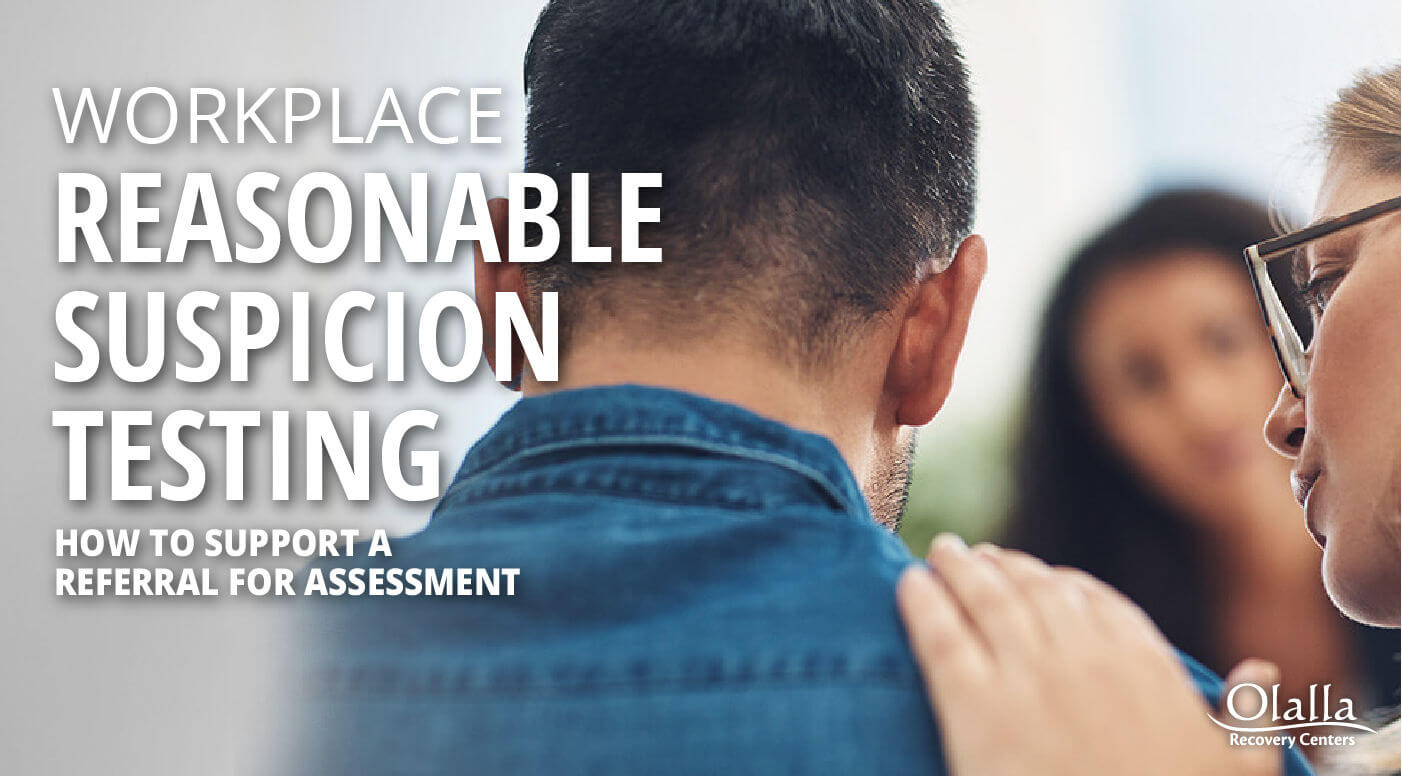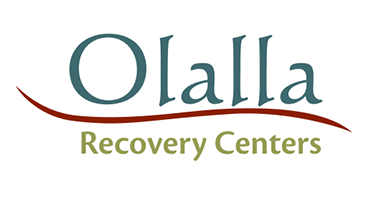
18 Feb ‘Reasonable suspicion’: How to Support a Referral for Assessment
Maintaining a drug- and alcohol-free workplace is a choice that requires careful planning for employers. Creating policies and expectations is only the first step. You also need to educate your employees about them.
“Reasonable suspicion” testing — also known as “for cause” — is one mechanism employers may use to enforce substance-free policies. It’s important to not only train supervisors in the proper procedures to follow, but also to understand how you will support a referral to an agency for assessment in the event the test results confirm use.
Best practices for reasonable-suspicion tests
Each state has different laws related to reasonable suspicion and drug testing, and your substance-free workplace program needs to comply with those laws. Besides knowing the law before you create your policies, educate yourself about best practices.
Reasonable-suspicious testing is discretionary, and consistent enforcement should be based on documented evidence. The evidence may be based on direct observation by the employee’s manager or by a co-worker, and may include, among other things:
-
- Presence of illicit drugs
- Erratic or abnormal behavior (different from the employee’s “baseline”)
- Confusion, lethargy, disorientation
- Slurred or incoherent speech
- Difficulty balancing (swaying, stumbling, falling)
- Dozing on the job, difficulty concentrating, slow productivity
Other best practices to follow:
-
- Have a witness, preferably another supervisor, observe and document the behavior.
- Train supervisors on using neutral language and avoiding “labeling” or diagnosing the employee themselves.
- Inform the employee about the decision to test and what to expect next. Refer to your policies that discuss the consequences of positive test results.
- Promptly remove the employee from duty and have a designated person to escort or drive the employee to the testing site and wait for the test results.
- Schedule a meeting with the employee to discuss the results and next steps.
Supporting a referral for assessment
What happens after an employee tests positive for substances should be based on your established policies. This provides consistent enforcement while removing any potential for bias and arbitrary decisions.
Unless you have a zero-tolerance policy and the person is subject to immediate termination, you should have a plan, which may include steps such as disciplinary action, a “last-chance agreement” and early intervention recommendations.
If you have an Employee Assistance Program (EAP), it’s a good idea to provide the contact information and encourage the individual to take advantage of the program. In the absence of an EAP, consider alternative ways to support employees, including maintaining a current list of community resources.
A few other questions to ask yourself include:
-
- How will you support an employee’s decision to obtain a professional substance-use assessment?
- What are your leave of absence and other policies for an employee who decides to enter an inpatient treatment program?
- What are your policies for follow-up testing?
A wellness-oriented workplace benefits all your employees, as well as your bottom line. Reasonable-suspicion testing can be an effective tool in creating a supportive environment that encourages all employees to be healthy. Putting some careful thought into it will help you make your workplace not only healthier but also more productive and positive.
Employer Resources
-
- Drug Free Workplace PA: Sample forms for reasonable-suspicion testing that you can adapt to your needs
- U.S. Office of Personnel Management: “Alcoholism in the Workplace: A Handbook for Supervisors” (a guide that can be adapted to any workplace)
Contact Information
CALL ANYTIME: 1-800-882-6201 to talk to someone 24/7
SCHEDULE AN ASSESSMENT: Call our outpatient office 253-851-2552 directly.
FIND A MEETING: Go here to search for an AA meeting near you or a virtual one.


